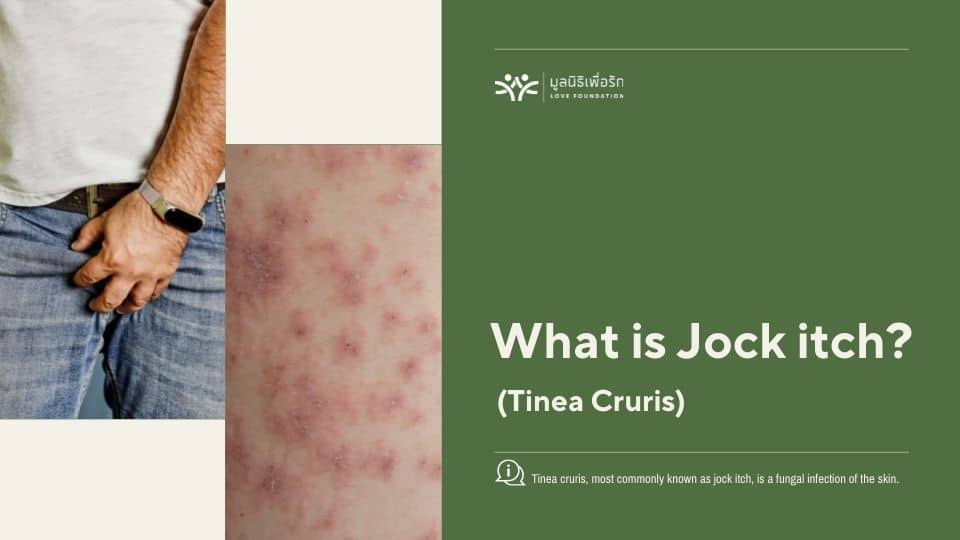What is Jock itch (Tinea Cruris)?
Tinea cruris, most commonly known as jock itch, is a fungal infection of the skin.
Jock itch (Tinea Cruris) is a common fungal (caused by a fungus) infection similar to ringworm. that causes a red and itchy rash in warm and moist areas of the body. May be shaped like a ring and an itchy, stinging, burning rash on the skin around your groin, inner thighs and butt crack (gluteal cleft).
Jock itch gets its name because it’s common in athletes. It’s also common in people who sweat a lot or who are overweight. Although often uncomfortable and bothersome, jock itch usually isn’t serious. Treatment may involve keeping the groin area clean and dry and applying topical antifungal medications to the affected skin.
What causes Jock itch (tinea cruris)?
Jock itch (tinea cruris) is caused by a dermatophyte fungus, most commonly Trichophyton rubrum and Epidermophyton floccosum.

Spread of the infection to the groin is commonly from the feet (tinea pedis) or nails (tinea unguium) by scratching or use of contaminated towels or bed sheets.
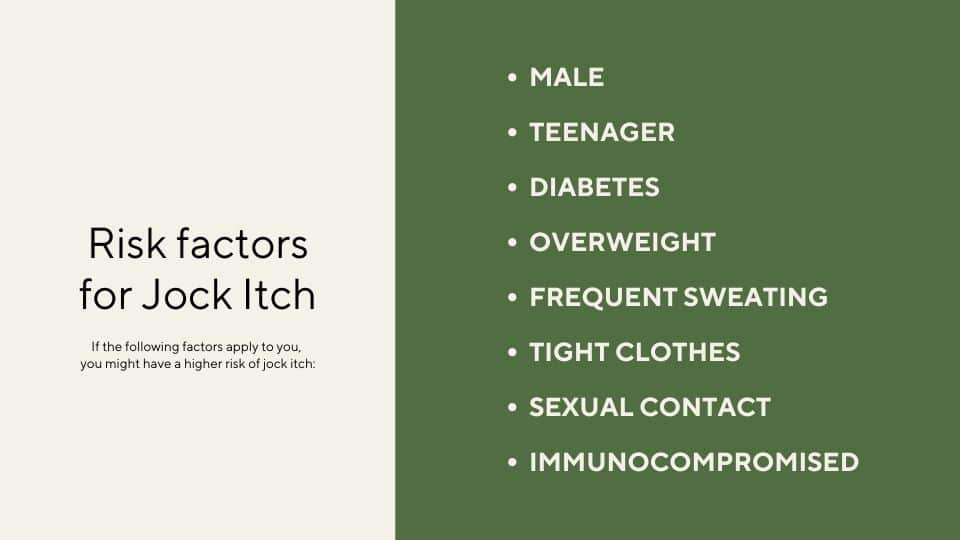
How does jock itch spread?
Jock itch commonly spreads through skin-to-skin contact or contact with an infected surface. You can get jock itch through sexual contact with an infected person. You can also get jock itch by sharing towels or clothing with an infected person.
In some cases, you can get jock itch if you have athlete’s foot (tinea pedis). You can spread the fungus by touching your groin after touching your infected foot. You can also spread the fungus from your feet to your groin through your clothing. When getting dressed, it’s a good idea to put on your socks before your underwear to prevent spreading the fungus from your feet to your groin.
Risk factors for jock itch
If the following factors apply to you, you might have a higher risk of jock itch:
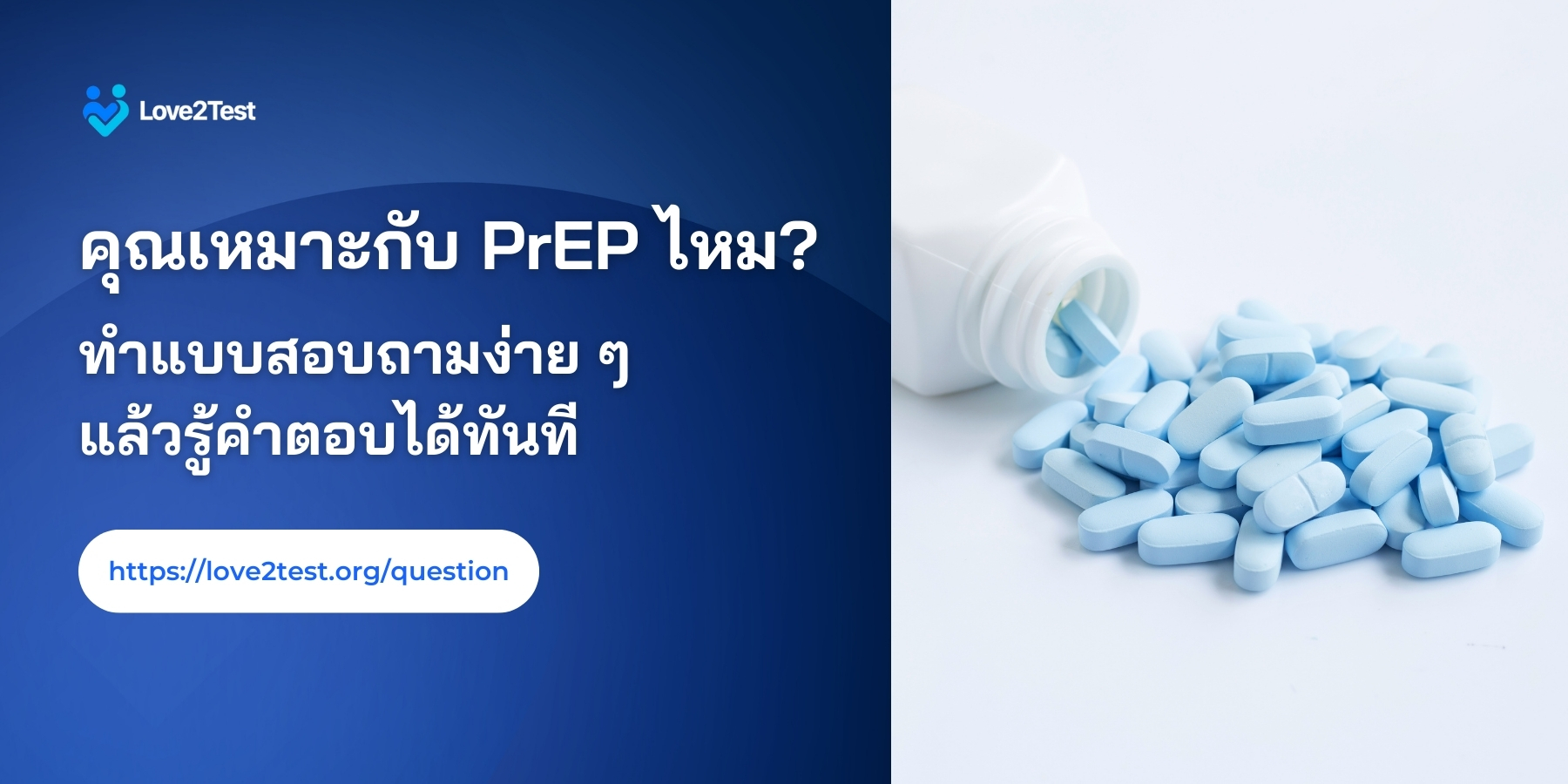
- You’re male
- You’re a teenager
- having diabetes
- You have overweight or live with obesity, which increases how many skin folds you have. The fungi that cause jock itch thrive in sweaty skin folds.
- You have a tendency to sweat, which increases the moisture of the skin and encourages dermatophytes to multiply.
- Your immune system doesn’t function as it should due to an underlying health condition or treatment for a condition. People who are immunocompromised have a higher riskTrusted Source of fungal infections like jock itch than those whose immune systems work at full capacity.
- You wear a lot of tight clothes. Or Wear tight underwear
- Wear a wet bathing suit for a long time
- Have close contact with someone who has jock itch
What are the symptoms of jock itch?
- itchy skin in the groin area; and persistent itching
- a rash that appears as clearly-defined red, scaly areas, often in a ring shape
- burning sensation
- occasional blisters at the border of the rash
- flaky skin
- skin discolouration
The rash usually affects the area at the top of the thigh, the inner thighs, and sometimes the skin of the buttocks. The skin of the genitals is rarely affected.
Symptoms can be aggravated by
- exercise
- walking
- wearing tight clothes or underwear
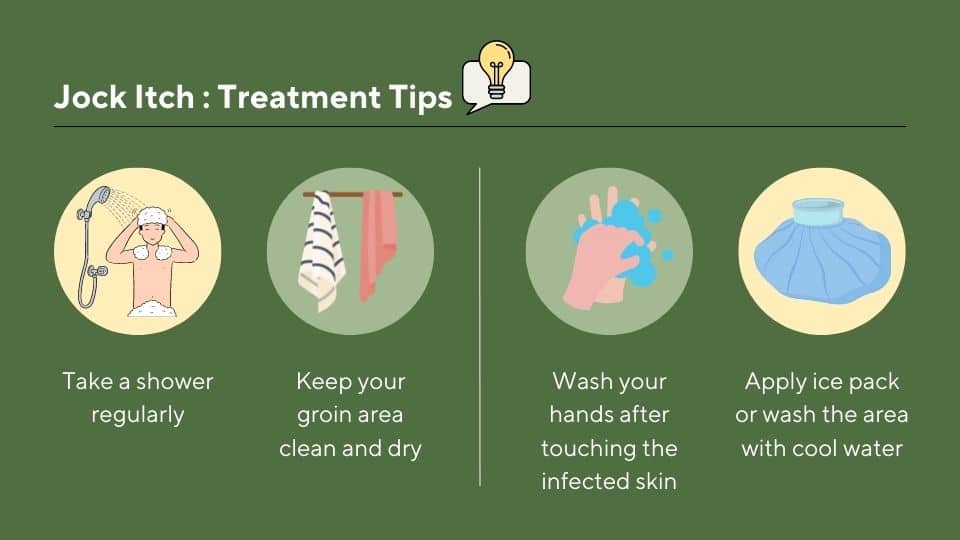
What are the complications of jock itch?
- Maceration and secondary infection with bacteria or candida
- Secondary excoriation, lichenification and pigmentation
- Tinea incognita due to use of topical steroids
Will jock itch go away on its own?
Jock itch doesn’t typically go away on its own. If it’s left untreated, it can spread to other areas of your body, including your:
- Nails: Fungal nail infections can be more difficult to treat. They’re often more resistant to many treatments.
- Hands: A similar fungal infection can spread to your hands. This happens when you scratch your infected groin with your hands or use the same towel to dry off both areas.
- Feet: The same fungus that causes jock itch can also spread to your feet. It’s a condition called athlete’s foot. The fungus typically spreads from your groin to your feet through your underwear. It can also spread by using the same towel to dry off both areas.
When to see a doctor
See your doctor if your rash is painful or you develop a fever. And see your doctor if the rash hasn’t improved after a week of treatment or if it hasn’t cleared up completely after three weeks of treatment.
How is jock itch diagnosed?
Your doctor will likely be able to diagnose jock itch by performing a physical exam and inspecting the affected area of skin.
In some cases, your doctor may take some scrapings of skin cells from the area to help diagnose the condition. This may also help rule out other skin disorders, such as psoriasis.
How is jock itch treated?
Antifungal medicine that is applied directly (topical antifungal) to the groin rash is the usual treatment for jock itch.
Antifungals come in a variety of preparations, including:
- cream
- gel
- solution
- powder
- spray
Topical antifungals are usually available from your pharmacist. The pharmacist will be able to advise you which product is best for you.
If you have jock itch and athlete’s foot, it’s important to treat both infected areas at the same time to prevent re-infection.
In some circumstances, such as tinea that is severe or not responding to topical treatment, oral antifungal medicine is needed to treat jock itch.
Examples of oral antifungals include:
- Terbinafine (brand names Lamisil, Tinasil)
- Fluconazole (brand names Diflucan, Dizole)
- Griseofulvin (brand name Grisovin)
Side effects
Common side effects of oral antifungal medicines include:
- nausea
- diarrhoea
- headache
- indigestion
Some oral antifungal medicines are not suitable for use in certain people. Your doctor will be able to advise you on the most appropriate treatment.
Self-help
The following self-help measures are also important when treating jock itch.
- Wash and thoroughly dry the skin in your groin area daily.
- Change your underwear daily (or more frequently if you sweat a lot).
- Wear loose-fitting underwear and avoid clothing that irritates the area.
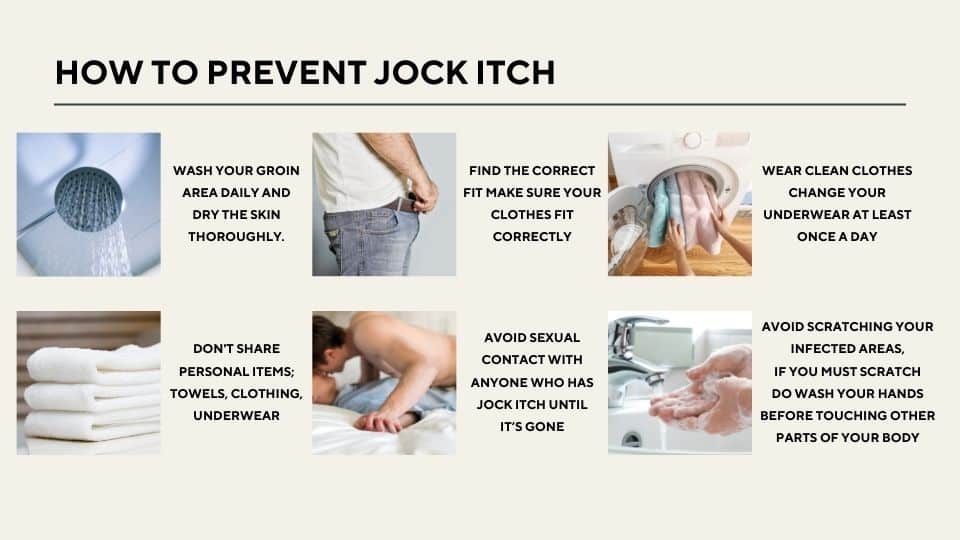
How to prevent jock itch
There are several things you can do to prevent jock itch from recurring.
- Wash your groin area daily and dry the skin thoroughly.
- Stay dry. Keep your groin area dry. Dry your genital area and inner thighs thoroughly with a clean towel after showering or exercising. Dry your feet last to avoid spreading athlete’s foot fungus to the groin area.
- Find the correct fit. Make sure your clothes fit correctly, especially underwear, athletic supporters and sports uniforms. Avoid tight-fitting clothes, which can rub and chafe your skin and put you at increased risk of jockitch. Try wearing boxer shorts rather than briefs.
- Wear cotton underwear and try to avoid synthetic clothing to reduce the chance of infection.
- Frequently wash clothes, towels, bed linen and groin supports.
- Wear clean clothes. Change your underwear at least once a day or more often if you sweat a lot. It helps to wear underwear made of cotton or other fabric that breathes and keeps the skin drier. Wash workout clothes after each use.
- Change out of damp sports gear as soon as possible.
- Don’t share personal items. Don’t let others use your clothing, towels or other personal items. Don’t borrow such items from others.
- Avoid scratching your infected areas. If you must scratch an infected area, thoroughly wash your hands with antibacterial soap before touching any other parts of your body.
- Avoid sexual contact with anyone who has jockitch until it’s gone.
If you have athlete’s foot, make sure it is treated to prevent the spread of fungal infection to the groin area. When getting dressed, put your socks on before your underwear so that you don’t transfer the infection from your feet to your groin.
References
- JockItch (Tinea Cruris) https://my.clevelandclinic.org/health/diseases/22141-jock-itch-tinea-cruris
- Jockitch (tinea cruris) https://www.mydr.com.au/jock-itch-tinea-cruris/
- Jockitch https://www.mayoclinic.org/diseases-conditions/jock-itch/symptoms-causes/syc-20353807
- Everything You Need to Know About Jock Itch https://www.healthline.com/health/jock-itch
